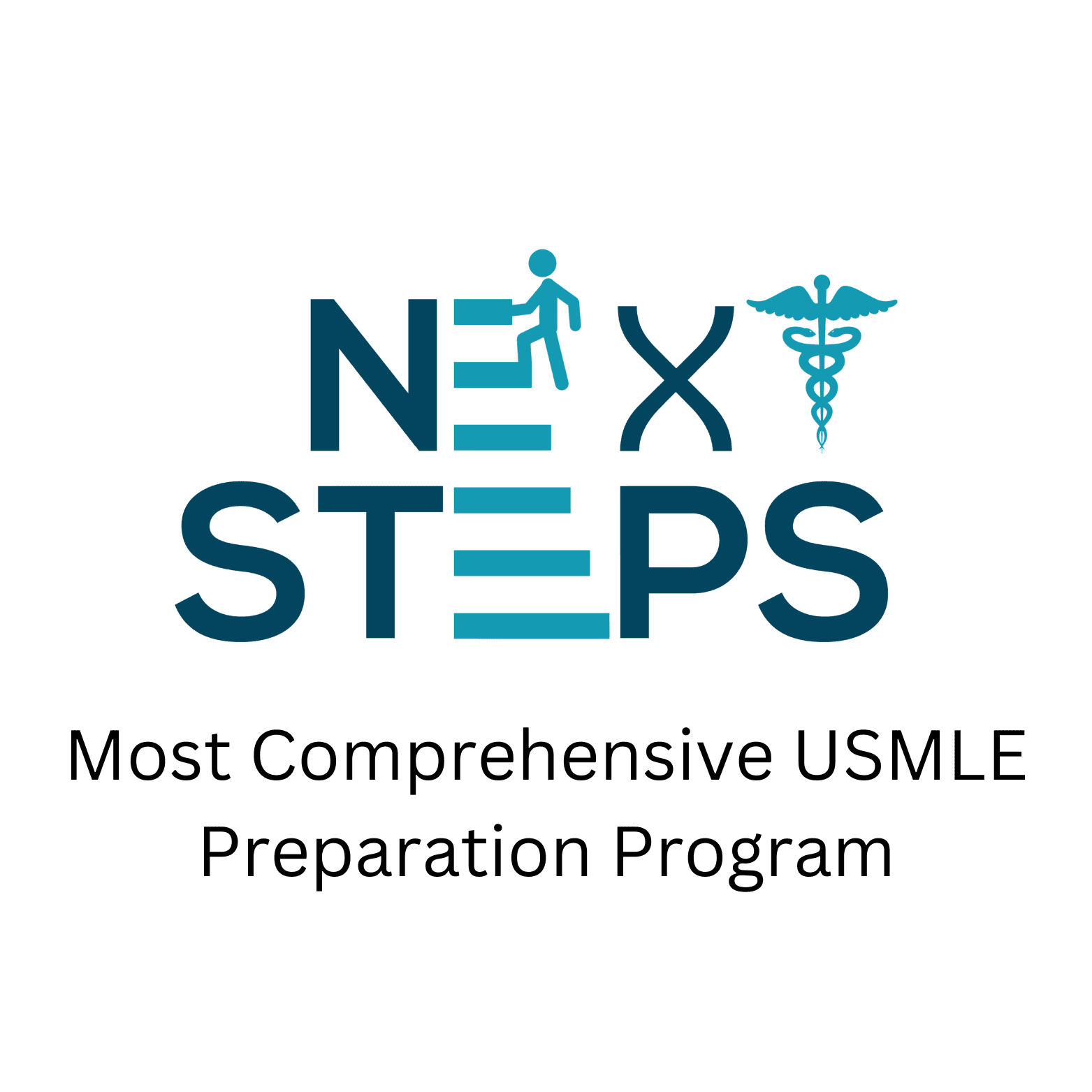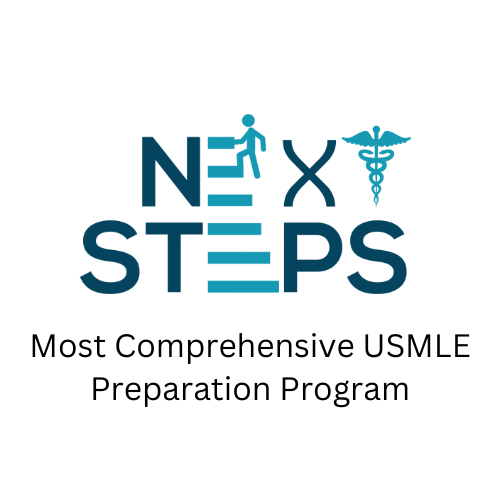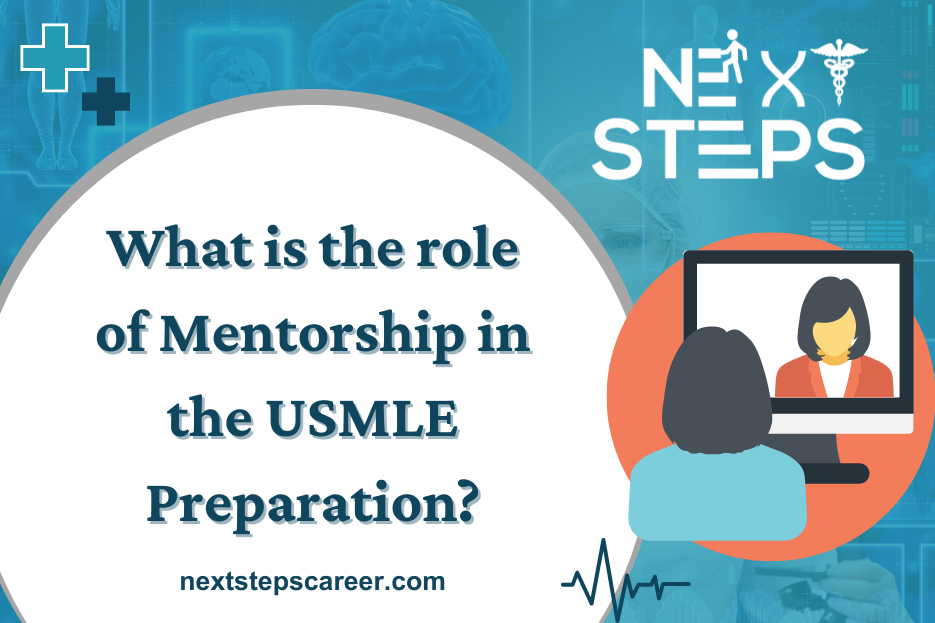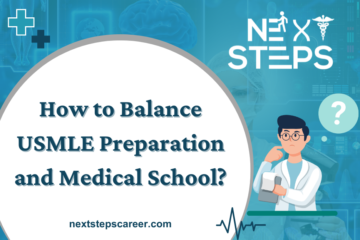Preparing for the United States Medical Licensing Examination (USMLE) can be a daunting task for many medical students and graduates. The exams are known for their rigorous nature, demanding a thorough understanding of medical knowledge and clinical skills. One of the most effective ways to navigate this challenging journey is through mentorship. Mentorship in USMLE preparation, offering guidance, support, and insight that can significantly enhance a candidate’s chances of success.
Understanding Mentorship in USMLE Preparation
1. Personalized Guidance and Study Planning
- Tailored Study Plans: A mentor with experience in USMLE preparation can help create a personalized study plan that aligns with your strengths, weaknesses, and schedule. This targeted approach ensures efficient use of study time and resources.
- Goal Setting: Mentors assist in setting realistic and achievable goals, keeping you focused and motivated throughout your preparation journey.
2. Expertise and Experience
- Exam Strategies: Experienced mentors provide valuable insights into the USMLE exam format, question types, and common pitfalls. Their firsthand knowledge helps you develop effective test-taking strategies.
- Resource Recommendations: Mentors can recommend the best study materials, question banks, and practice exams, such as Next Steps, UWorld, and First Aid for USMLE, ensuring you are using high-quality resources.
3. Emotional and Psychological Support
- Stress Management: Preparing for the USMLE can be stressful. Mentors offer emotional support, helping you manage anxiety and maintain a positive mindset.
- Motivation and Encouragement: Regular check-ins with a mentor provide motivation and encouragement, helping you stay committed to your study plan.
4. Networking and Professional Growth
- Networking Opportunities: Mentors often have extensive professional networks and can connect you with other students, alumni, and professionals who can offer additional support and advice.
- Career Guidance: Beyond the USMLE, mentors can provide insights into residency programs, application processes, and career paths in the medical field.
How to Find a USMLE Mentor
1. Medical Schools and Institutions
- Faculty Advisors: Many medical schools have faculty advisors who can serve as mentors. They offer academic support and guide you through the preparation process.
- Alumni Networks: Connect with alumni who have successfully passed the USMLE and can provide mentorship based on their experiences.
2. Online Platforms and Forums
- USMLE Forums: Online forums like Reddit, USMLE Forums, and Student Doctor Network are excellent places to find mentors and study partners.
- Social Media Groups: Join USMLE-focused groups on platforms like Facebook and LinkedIn to find mentors and engage with a community of fellow test-takers.
3. Professional Mentorship Programs
- Formal Programs: Some organizations offer formal mentorship programs specifically designed for mentorship in USMLE preparation such as Next Steps. These programs pair you with experienced mentors who provide structured guidance.
Conclusion
Mentorship is a vital component of successful USMLE preparation. It provides personalized guidance, emotional support, and valuable insights that can significantly enhance your study experience and outcomes. Whether you are just starting your USMLE journey or looking to improve your scores, finding a mentor can be one of the most effective steps you can take toward achieving your medical career goals.
Embrace the power of mentorship and give yourself the best chance at USMLE success. Connect with experienced mentors, utilize their knowledge, and let their guidance lead you to a successful and fulfilling medical career.




